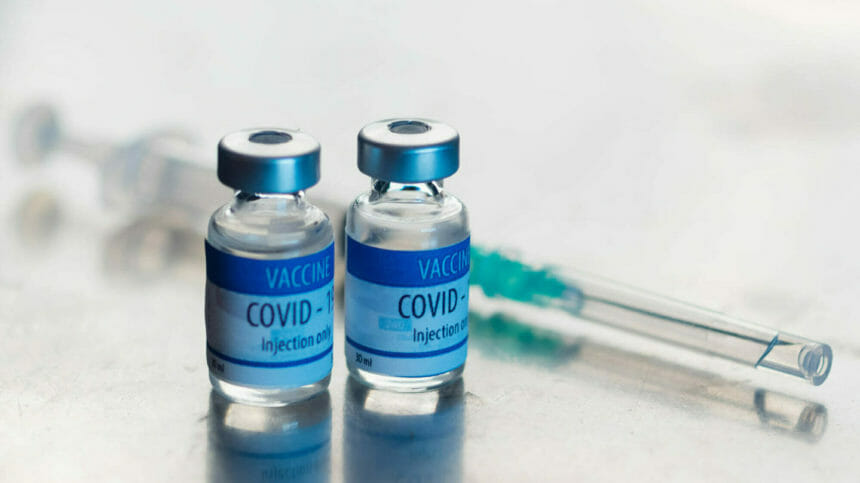
Federal health officials may authorize a second COVID-19 booster shot for adults aged 65 years and older in just a few weeks, Politico has reported.
The Biden administration is considering how to best protect people most at risk for severe COVID-19 ahead of an expected uptick in infections, sources told the news outlet. Surges are occurring overseas due to the omicron BA.2 variant, and there are signs of increased activity stateside.
The Food and Drug administration’s independent vaccine advisory panel is set to meet April 6 to discuss the future of COVID-19 boosters. But some are questioning whether the White House should act sooner, Politico reported.
Booster efficacy declines
At this time, only one booster is recommended for people aged 12 years and older (immunocompromised people are advised to have a series of three initial jabs and one later booster as well). But protection from current COVID-19 vaccines does not appear to be long-lasting in the age of omicron. Efficacy levels against the variant nosedive after approximately four months, according to various studies and the Centers for Disease Control and Prevention.
Some experts argue that the idea of relying on repeat boosters to protect seniors is unrealistic. Some say that future COVID-19 strategy should instead focus on rapid COVID-19 tests for vulnerable patients along with fast access to treatment. In any case, it’s clear that omicron remains lethal in the older and unvaccinated, a former head of the CDC cautioned in a recent opinion piece. Swift action is needed to protect these groups in anticipation of future surges, he said.
Nursing home uptake at 76%
In long-term care settings, uptake of a first booster jab has been slow, despite a federal campaign to promote the additional shots. However, the percentage of nursing home residents receiving doses has inched up from 61% in late December 2021 to 76% the week ending March 13, according to the CDC. The agency began posting booster shot data for publicly supported nursing homes in February.
Fully 87.5% of residents, meanwhile, had completed their initial COVID-19 vaccination series by the end of February.




